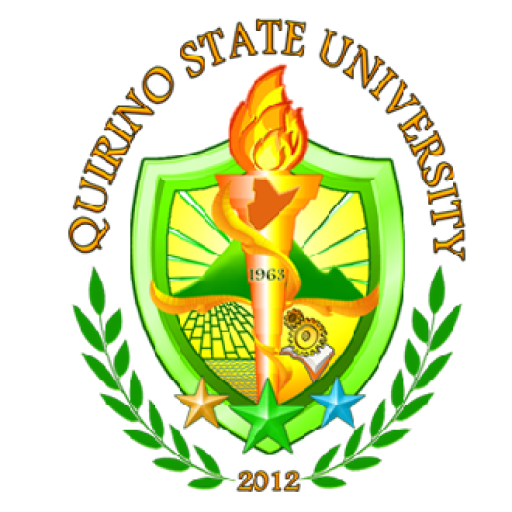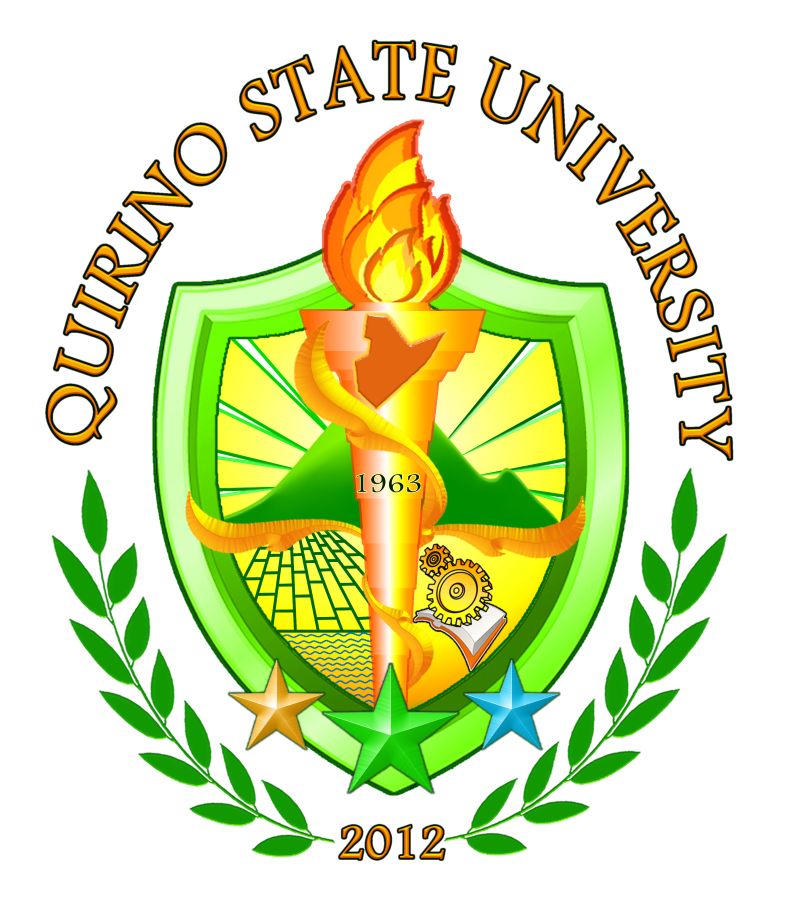In the scenic province of Quirino, where the COVID-19 pandemic left communities grappling with uncertainty, a transformative initiative sprouted—a project centered on the humble mushroom. What began as a response to the crisis evolved into a groundbreaking endeavor aligned with the Sustainable Development Goals (SDGs), driving economic recovery, fostering industry connections, and nurturing entrepreneurship.
From Crisis to Opportunity
The pandemic disrupted livelihoods across Quirino Province, forcing many to adapt. Amid the challenges, resourceful farmers turned to mushroom cultivation as a lifeline. Guided by the Quirino State University (QSU) and the Department of Agriculture- Bureau of Agricultural Research, the Support to Mass Production of Mushroom in Quirino Province project provided innovative solutions, leveraging local agricultural waste—rice hay, corn stubble, and sawdust—for high-value Oyster and Volvariella mushroom production.
This project, designed to integrate SDG principles, emphasized sustainability, innovation, and societal contributions. By focusing on responsible resource utilization and inclusive growth, it created opportunities for farmers, mothers, and out-of-school youth to build sustainable livelihoods while addressing hunger and economic inequality.
Growing Partnerships and Entrepreneurs
Central to the initiative was the promotion of entrepreneurship through industry connections and partnerships. Local cooperatives, such as the Maddela Integrated Farmers’ Savings Development Cooperative, embraced mushroom farming by transforming raw produce into value-added products like mushroom patties and ready-to-eat viands. These products gained popularity, finding markets at conferences, municipal offices, and online platforms.
With training provided in 60 barangays, the project empowered 526 growers to refine their craft. Over 26,000 Oyster fruiting bags and 20,000 Volvariella spawn bags were distributed, enabling participants to increase production while meeting the growing demand for fresh and processed mushroom products.
This initiative not only strengthened local economies but also aligned with SDG 8 (Decent Work and Economic Growth) and SDG 9 (Industry, Innovation, and Infrastructure) by fostering resilient agricultural value chains and sustainable entrepreneurship.
Innovation Meets Societal Impact
Beyond its economic achievements, the project demonstrated a deep commitment to societal contributions, addressing SDG 11 (Sustainable Cities and Communities). Mushroom products were distributed to frontliners as a gesture of solidarity and gratitude, showcasing the project’s alignment with community-driven values.
By integrating research into its design, the project advanced the understanding of sustainable agriculture technologies. It developed a “package of technology” for mushroom production, emphasizing efficient resource use and environmental stewardship, furthering SDG 12 (Responsible Consumption and Production).
A Model for SDG Integration
This initiative exemplifies how academic institutions can integrate the SDGs into research and development while addressing immediate community needs. By combining practical solutions with long-term sustainability goals, QSU proved that research can serve as a powerful tool for societal transformation.
Sowing Seeds of Resilience and Sustainability
Institutionalized at Quirino State University, the Support to Mass Production of Mushroom in Quirino Province project has become a cornerstone of community development, offering continuous training programs for farmers, students, and other stakeholders.
The project has expanded its network of collaborators to include the Quirino Mushroom Association and the Quirino Young Entrepreneurs Association, fostering a vibrant ecosystem of partnerships. These organizations not only amplify the reach of the project but also serve as key players in promoting sustainable agriculture and entrepreneurship within the province.
With QSU leading the charge, the initiative remains dynamic, providing opportunities for clients to refine their skills, innovate processes, and explore market opportunities. Through ongoing training and knowledge-sharing, the project empowers participants to maximize their potential while contributing to the broader goals of sustainability.
As mushrooms continue to thrive in homes, cooperatives, and even waiting sheds turned into cultivation areas, the people of Quirino are harvesting more than just produce—they are cultivating resilience, sustainability, and hope for generations to come.
Article: Dr. Arlyn J. Yra
WATCH: VIDEO DOCUMENTARIES OF KABUTEHAN SA QUIRINO PROJECT




